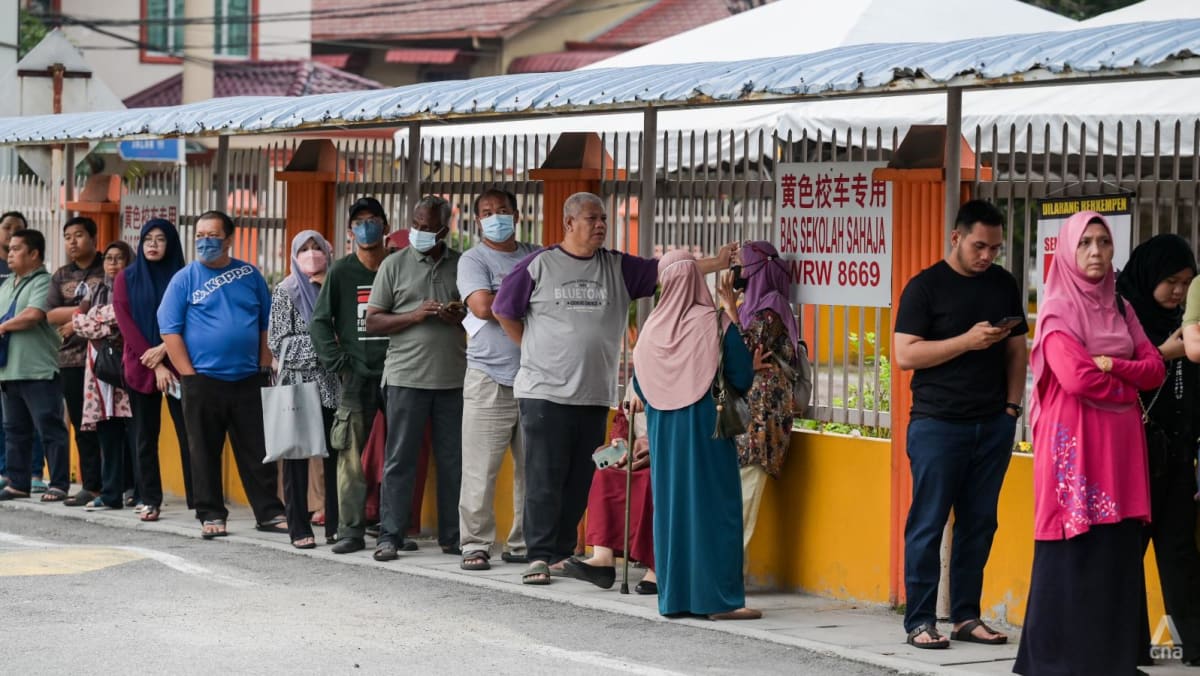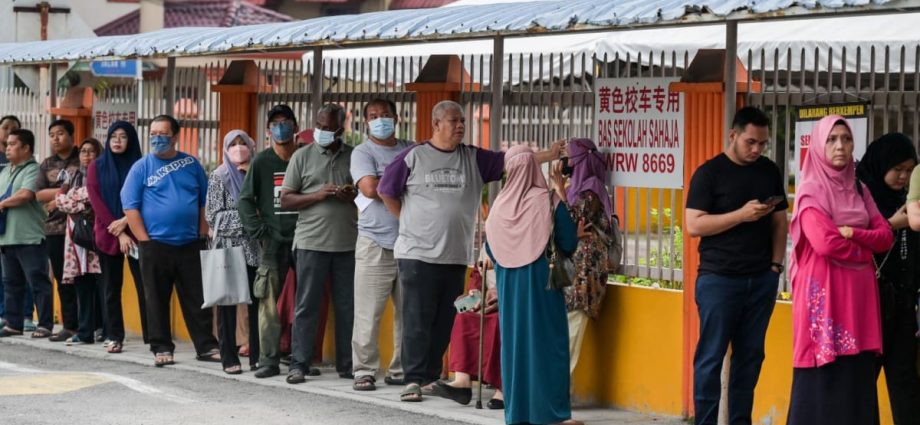
PN’S MALAY REFERENDUM NARRATIVE
PN further entrenched the image that it has replaced the United Malays National Organisation (UMNO) as the Malays’ spokesperson. Avoiding the “3-3” or “status quo” description of the election results, PN supporters prefer to compare the total number of seats it won vis-a-vis PH and BN and the inroads it made in the Malay majority seats. This is in line with its Malay referendum narrative.
PN’s performance was far superior: Of the 245 seats on offer in the six states, PN won 146 against PH’s 80 and BN’s 19. PN remains ahead even with PH and BN combined.
And to add insult to injury, PN did way better than BN, which only won 19 out of the 108 seats it contested. In this election, only UMNO contested on behalf of BN; its Chinese and Indian partners, the Malaysian Chinese Association and Malaysian Indian Congress respectively, sat it out.
Solid victories in Kelantan, Terengganu and Kedah have strengthened PN’s Malay referendum narrative. The signs of PN’s progress were already seen in GE15 when PN swept all Kelantan and Terengganu parliament seats, and won 14 out of 15 seats in Kedah.
Traditionally, the contest in these Malay-dominant states was between UMNO and Parti Islam Se-Malaysia (PAS), and the former could still win some seats, or form the government in Terengganu and Kedah.
In this series of state elections, PH lost all 32 seats it contested in Terengganu, won only two of 45 seats in Kelantan, and three out of 36 in Kedah. UMNO’s big guns were defeated in the process.
The Malay unity message PN played during the campaign brought together former rivals and Malay-Muslim nationalist leaders Mahathir Mohamad, Hadi Awang, and Muhyiddin Yassin. This consolidated PN’s hold in the Malay belt.
The Malay referendum narrative also gained traction in PH-BN’s strongholds in Selangor, Negeri Sembilan and Penang. PN increased its seats in Selangor from five to 22, and the increase came from Malay-majority constituencies. It also denied PH-BN the two-thirds majority in the state. PN also made significant inroads in Penang, a PH (DAP) stronghold, by securing 11 seats.
This is quite a coup, considering that PAS (now in PN) only managed to secure one seat in 2018. BN could only win two seats in Penang. Rubbing salt into Anwar’s wounds, Muhyiddin stressed that PN won all three seats in the Permatang Pauh parliament constituency, traditionally the prime minister’s and his family’s seat until the last general election.

